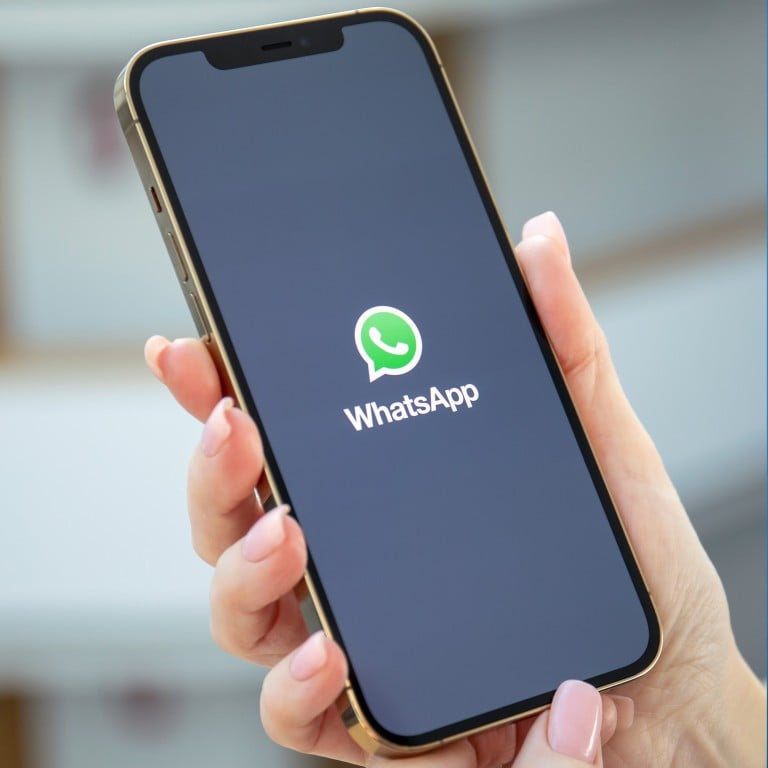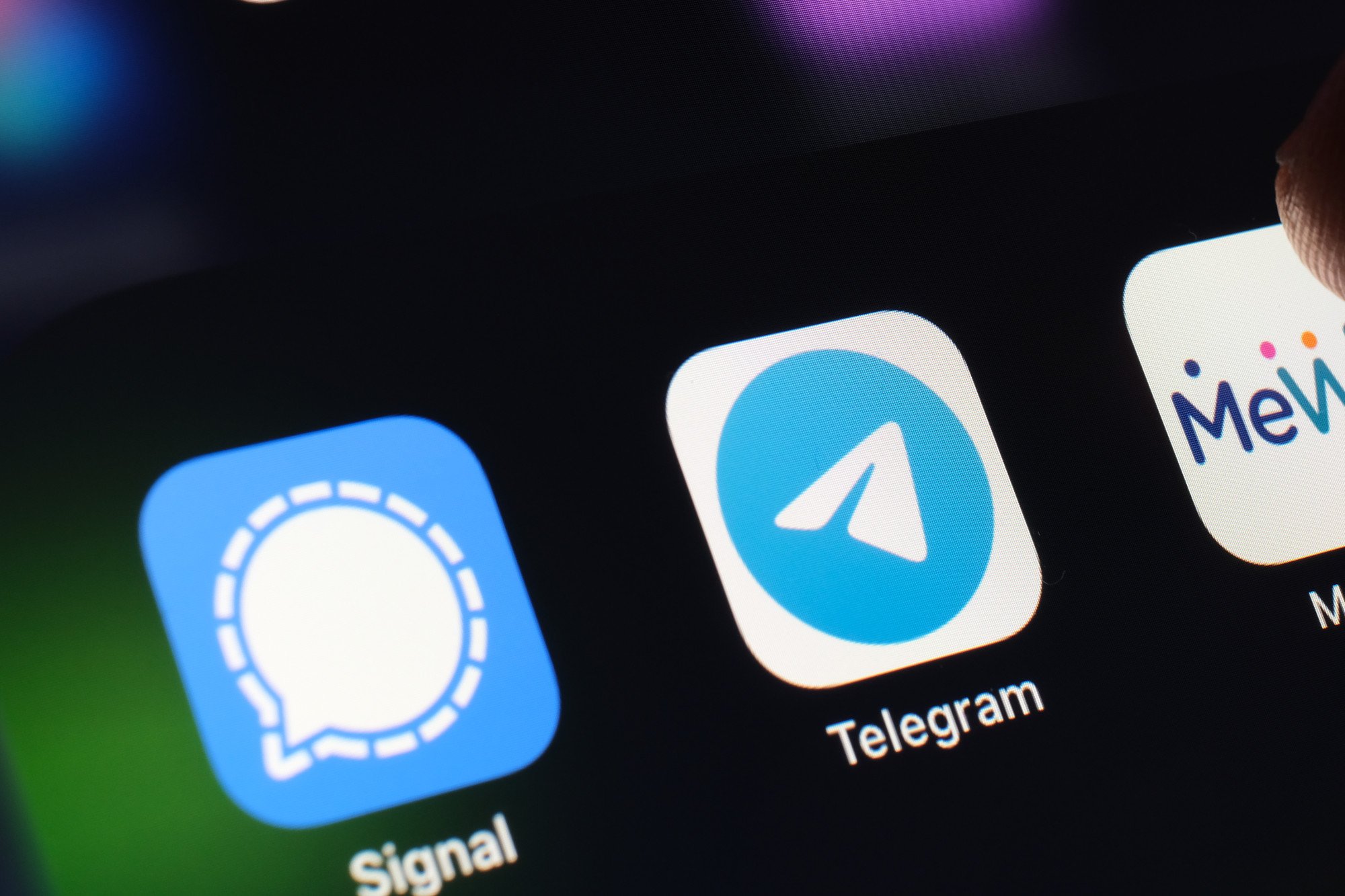Advertisement
Advertisement

Apple pulls social media giant Meta’s WhatsApp and Threads services from China App Store amid country’s tightened internet regulation
- The apps were removed at the behest of Chinese regulatory authorities, according to Apple
- Apple’s action shows how the US technology titan continues to navigate shifting mainland regulations amid tensions between Washington and Beijing
Ben Jiangin Beijing
Apple has removed two of Meta Platforms’ popular apps, messaging service WhatsApp and social network Threads, from its mainland China App Store as part of the US technology giant’s efforts to comply with the country’s tightened internet regulations.
All traces of WhatsApp – the world’s most popular messaging app, with more than 2 billion monthly active users in 2023 – and Threads, which has soared in popularity on the mainland since its launch last July, are now gone from the domestic App Store, according to a search by the Post on Friday.
Chinese regulatory authorities had ordered the removal of those two apps over national security concerns, according to Apple.
“We are obligated to follow the laws in the countries where we operate, even when we disagree,” Apple said in a statement cited in a report by The Wall Street Journal, which first broke the news. “These apps remain available for download on all other storefronts where they appear.”

In an emailed statement, Meta said: “We refer you to Apple for comment.”
Apple did not immediately respond to a request for comment on Friday.
Two other messaging services, Telegram and Signal, have also been dropped from Apple’s mainland App Store, according to a Bloomberg report on Friday.
Apple’s latest actions at the behest of Chinese authorities show how the US firm continues to navigate shifting mainland regulations amid tensions between Washington and Beijing.
Cupertino, California-based Apple last October updated guidelines on its Chinese app developer website to reflect the latest government policy that requires the licensing of all domestic apps before these can be made available on the mainland App Store. This policy effectively requires all apps to use a mainland domain and be hosted by a local entity.

Beyond obtaining an Internet Information Provider licence from Chinese regulators, apps geared for mainland users are also expected to satisfy various censorship policies and standards, including updated data transfer rules.
More restrictive licensing processes also exist on the mainland for apps containing materials related to video gaming, books, magazines, religion and news.
In August last year, Apple pulled more than a hundred apps offering ChatGPT-like services from its China App store, ahead of the implementation of new domestic regulation on generative artificial intelligence.
China’s Great Firewall has long cordoned off the world’s largest internet market from various American internet services and mobile apps. That has led to the increased use of virtual private network (VPN) services on the mainland to bypass online restrictions.

6
